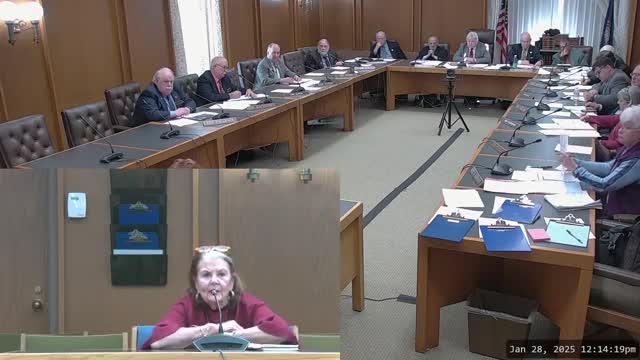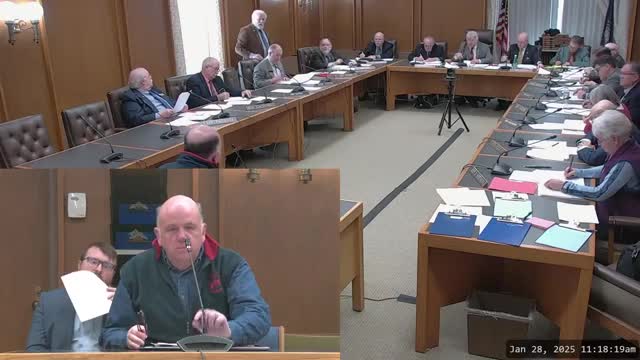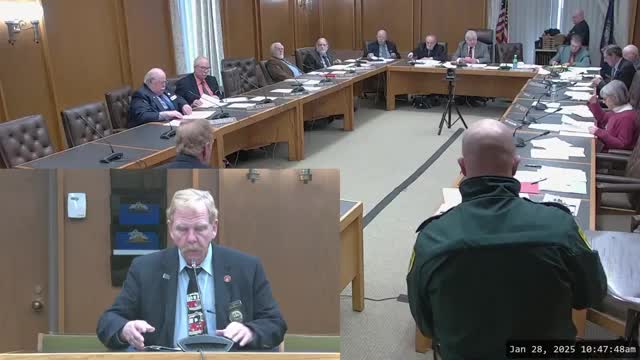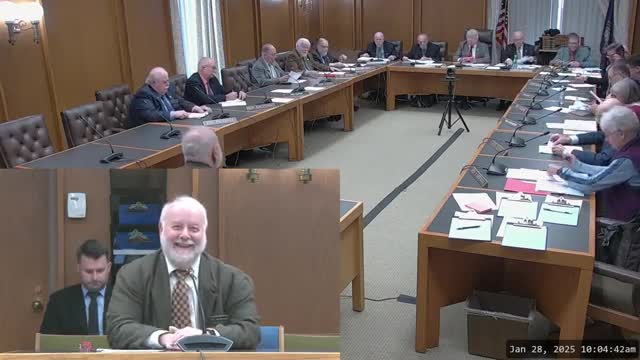Article not found
This article is no longer available. But don't worry—we've gathered other articles that discuss the same topic.

Bill to bar state funding for new passenger rail projects draws split testimony; DOT warns wording may be too broad

Conway Scenic Railroad and DOT differ on HB 300; DOT says Conway branch planning already addressed

DOT says taking over OptiComm maintenance would expand workload; bill seeks centralized responsibility

